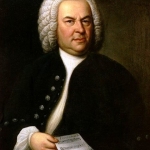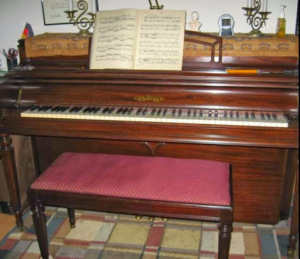Violin Music Improves Fetal Development
From a study by Lafuente, M. J., Grifol, R., Segerra, J., Soriano, J., Gorba, M. A., & Montesinos, A.: Procedure: One-hundred-seventy-two maternity patients who were enrolled in a birth preparation course participated in this study. The mothers were separated into Read More …



